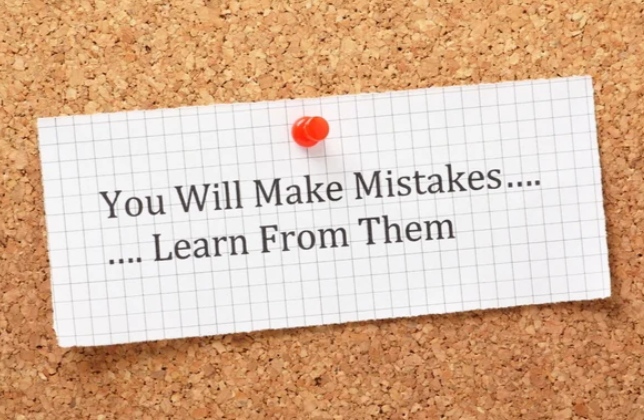
Life is a series of choices, many of which involve knowing when to stay the course and when to pivot. Whether it’s a job, a relationship, a project, or even a lifestyle habit, recognizing when it’s time to leave can be one of the most crucial and challenging decisions we face. The ability to discern when to walk away can lead to personal growth, renewed happiness, and ultimately, a more fulfilling life.
Understanding the Signs
The first step in knowing when to leave is to recognize the signs that indicate a change is necessary. These signs can be subtle or glaring, and often vary depending on the context. Here are some indicators to be aware of:
1. Persistent Unhappiness
If you consistently feel unhappiness or dissatisfaction in your current situation, it might be a sign that it’s time to reassess. Life is too short to stay in situations that bring more distress than joy.
2. Stagnation and Lack of Growth
Feeling stagnant can signal that you’ve outgrown your current environment. Whether it’s a job that no longer challenges you or a relationship that has become routine, it’s important to seek opportunities that foster personal and professional development.
3. Toxic Situations
If you find yourself in a toxic environment characterized by negativity, abuse, or manipulation, it is crucial to prioritize your mental health and well-being. Hence, leaving such situations can open the door to healthier alternatives.
4. Loss of Respect
When respect diminishes—be it for yourself or from those around you—consider it a red flag. Healthy relationships and work environments are built on mutual respect; without it, the foundation starts to crumble.
5. Desire for Change
Sometimes, the desire for change comes from within. A yearning for new experiences, challenges, or relationships can signal that it’s time to make a shift in your life.
The Fear of Leaving
Despite recognizing these signs, many people hesitate to make a change due to fear. Fear of the unknown, of failure, or of starting over can be paralyzing. However, consider the following perspectives:
1. Embrace the Unknown
Understanding that uncertainty is a natural part of life can lessen the fear associated with change. Therefore, embracing the unknown can lead to growth and unexpected opportunities.
2. Focus on Your Value
When contemplating leaving a job, relationship, or situation, remind yourself of your worth. You deserve to be in environments that appreciate and support you.
3. Prepare to Transition
Planning for a transition can alleviate fear. Whether job searching, creating an exit strategy, or developing a support system, having a game plan can empower you to make a change with confidence.
How to Make the Transition
Once you’ve made the decision to leave, it’s essential to do so with intention and integrity:
1. Communicate Openly
If applicable, communicate your intentions to those involved. This might mean having a candid conversation with your employer or expressing your feelings to a partner. Honest communication can minimize misunderstandings and also leave the door open for future interactions.
2. Reflect and Learn
Take time to reflect on what you’ve learned from your current situation. Understanding what worked and what didn’t will help you make better choices in the future and also might even offer closure.
3. Seek Support
Transitions can be challenging, and seeking support from friends, family, or professionals can provide valuable guidance and encouragement. Sharing your experiences with others can provide comfort and potentially offer new perspectives.
Knowing when to leave is an essential skill that contributes to our overall happiness and well-being. While it may be tempting to cling to familiarity, understanding the signs that indicate it’s time for change can lead to a brighter future. By embracing uncertainty and planning thoughtfully for transitions, we can navigate life’s challenges more effectively, ultimately crafting a life that aligns with our true desires and values. Remember, leaving something behind often means making space for something new and beautiful to enter. Trust yourself, and know when it’s time to take that leap.








